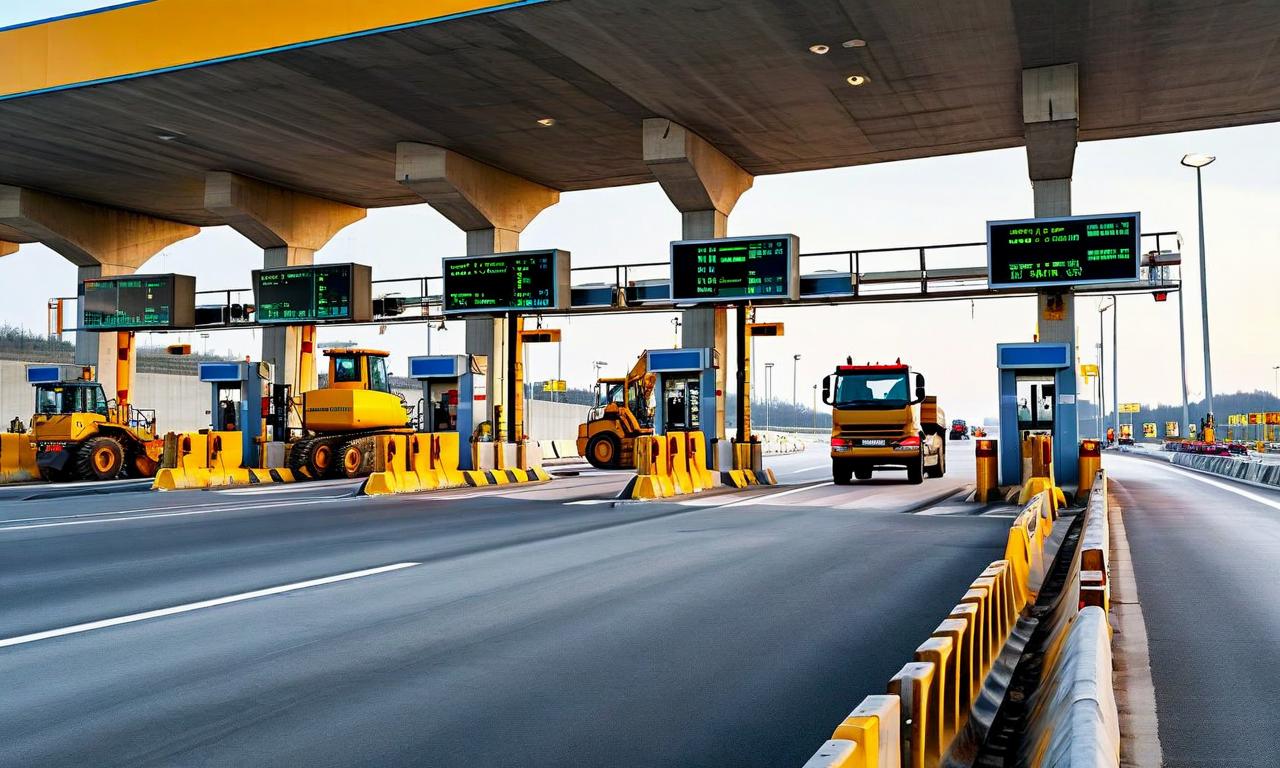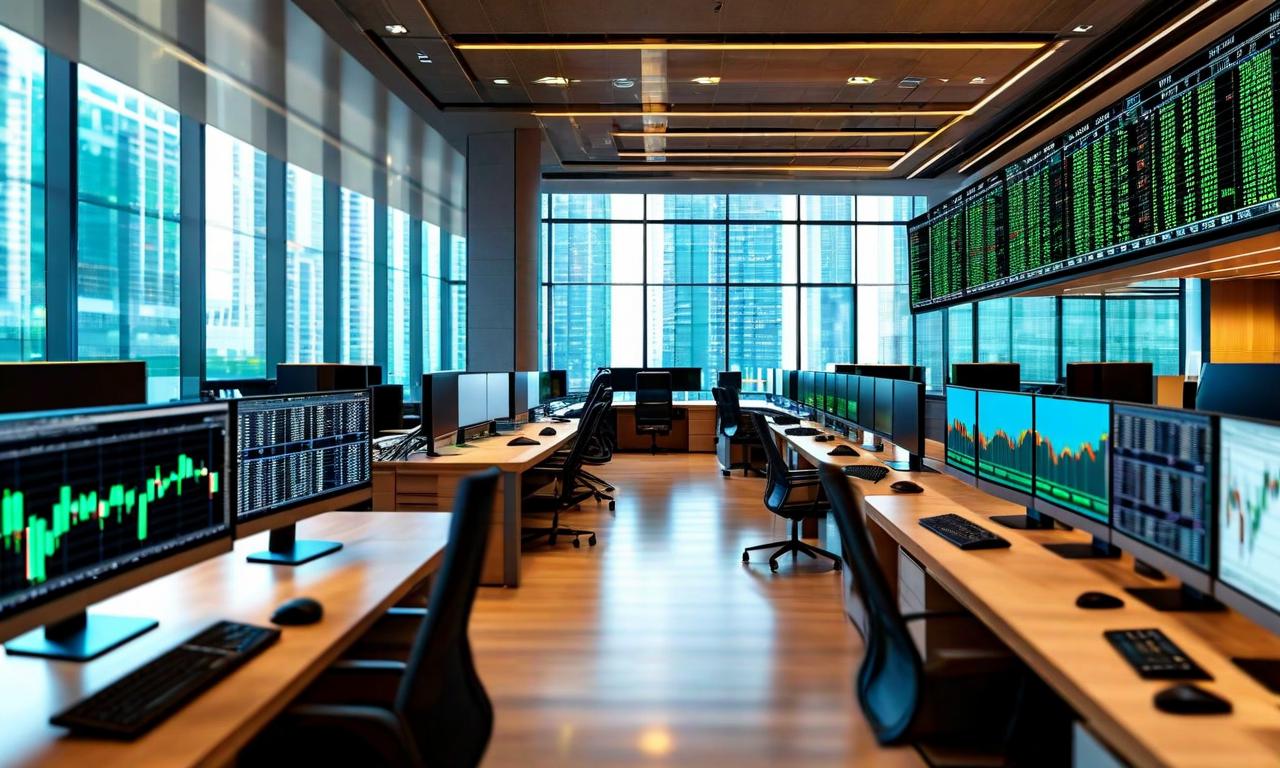Indian IT Stocks Tumble as US Hikes H-1B Visa Fees
Indian stock markets opened lower, with the IT sector facing significant losses due to a U.S. policy change. The Sensex fell 0.37% to 82,323.62, and the Nifty 50 dropped 0.26% to 25,260.00. The IT sectoral index was the worst performer, with stocks falling up to 6% after the U.S. government raised H-1B visa application fees to $100,000. Tech Mahindra's stock plummeted by nearly 6%. This fee hike is expected to impact the Indian IT industry's model of deploying skilled professionals to U.S. client sites. Mid-cap and small-cap stocks remained relatively stable. Analysts note that Indian markets have underperformed globally over the past year but expect this trend might be ending, despite concerns about high valuations.

*this image is generated using AI for illustrative purposes only.
Indian stock markets opened on a bearish note, with the IT sector bearing the brunt of a significant policy change in the United States. The benchmark Sensex fell 0.37% to 82,323.62, while the Nifty 50 dropped 0.26% to 25,260.00, primarily driven by a sharp decline in IT stocks.
IT Sector Takes a Hit
The IT sectoral index emerged as the worst performer of the day, with stocks falling up to 6%. The catalyst for this downturn was the U.S. government's decision to raise H-1B visa application fees to $100,000. This move has sent shockwaves through the Indian IT industry, which heavily relies on the H-1B visa program to deploy skilled professionals to client sites in the United States.
Tech Mahindra, a major player in the Indian IT landscape, saw its stock plummet by nearly 6%, exemplifying the sector-wide impact of this policy change. The steep increase in visa fees is expected to significantly affect the industry's long-standing model of rotating skilled staff to the U.S., potentially increasing operational costs and squeezing profit margins.
Market Dynamics
While the IT sector grappled with the visa fee hike, other segments of the market showed resilience. Mid-cap and small-cap stocks remained relatively stable, suggesting that the impact was largely contained within the IT sector.
Market experts have pointed out that while the IT sector faces headwinds from visa issues, there might be a silver lining for companies focused on domestic consumption. The possibility of lower GST rates could potentially benefit these firms, offering some balance to the overall market sentiment.
Global Context and Valuations
Analysts have noted that Indian markets have underperformed globally over the past year. However, there's an expectation that this trend might be nearing its end. Despite this optimistic outlook, concerns about high valuations in the Indian market persist, adding a layer of caution to investor sentiment.
Looking Ahead
The IT sector's reaction to the H-1B visa fee hike underscores the interconnectedness of global policies and local market dynamics. As companies in the sector grapple with this new challenge, investors and industry watchers will be keenly observing how these firms adapt their strategies to maintain competitiveness in the global market.
For the broader Indian market, the interplay between sector-specific challenges, potential domestic consumption boosts, and global market trends will likely shape the trajectory in the coming weeks. Investors may need to reassess their portfolios, particularly their exposure to the IT sector, in light of these developments.



























